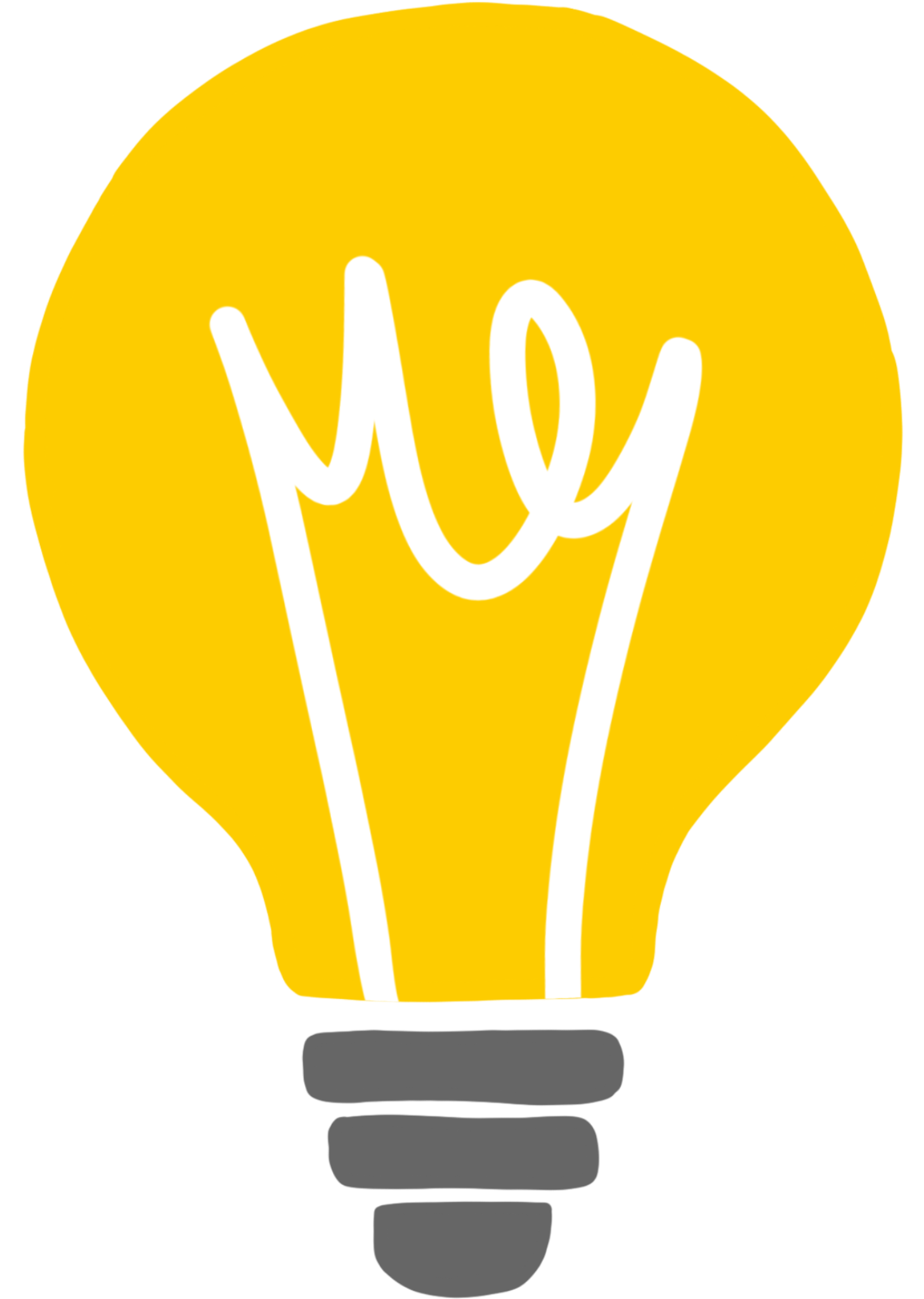You Don’t Have to Finish Everything
Somewhere along the way, many of us picked up the idea that we should finish what we start. It's what adults do. It's responsible; even admirable.
However, sometimes that mindset quietly extends into areas it doesn’t belong, such as our hobbies, interests, and personal projects, and it becomes a source of unnecessary pressure.
It’s easy to forget that a lot of these expectations aren’t external. They’re rules we’ve made up for ourselves. “I should finish every book I start.” “I’ve already started that online course — I must see it through.” “I told myself I’d write every day this month, so I can’t stop now.”
But this is what we often forget: we made the rule, so we're allowed to unmake it.
Unfinished projects that are no longer meaningful linger in the background, occupying mental space and generating low-level guilt. They become invisible clutter.
Recently, I adjusted how I track my reading in Tana. I now have a status called “Back on Shelf”, which means it’s perfectly fine for me to put a book down if it’s not what I need at that moment. I might return to it later, or I might not. Either way, it’s no longer taking up mental space or sitting on my “should” list.
It’s not about being flaky. It’s about acknowledging that your time and energy are valuable. If something is no longer bringing joy, curiosity, or usefulness, you don’t owe it your continued effort just because you started.
This is one of the foundations of sustainable productivity. You can’t give your best energy to what matters most if it’s tied up in things you no longer care about, or things you’re only doing to meet a rule you made a long time ago.
So if you’re carrying the invisible weight of something you’re no longer truly committed to—a creative project, a half-read book, a plan that no longer fits—stop.
You can always pick it up again. Or not.
Either way, you’re allowed to finish by not finishing.

